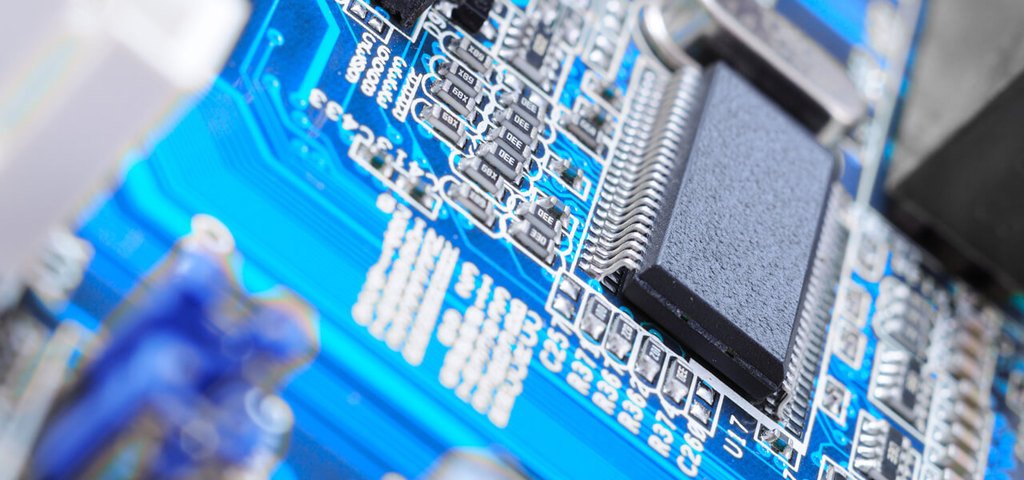news
Exploring the Efficiency and Performance of Bidirectional DC-DC Converters
Author: ZYG Power Module Time: 2023-7-11
Introduction:
Bidirectional DC-DC converters have gained significant attention in recent years due to their ability to efficiently transfer power bidirectionally between two different DC voltage sources. These converters are crucial in various applications, including renewable energy systems, electric vehicles, and energy storage systems. This article aims to explore the efficiency and performance of bidirectional DC-DC converters, shedding light on their advantages, challenges, and potential improvements.
1. Working Principle of Bidirectional DC-DC Converters:
Bidirectional DC-DC converters, also known as buck-boost converters, use power semiconductors to convert DC voltage from a source to a desired voltage level. These converters can work in both step-up (boost) and step-down (buck) modes, allowing power to flow in either direction. By employing appropriate control algorithms, bidirectional converters enable efficient power transfer between multiple sources.
2. Advantages of Bidirectional DC-DC Converters:
2.1. Energy Efficiency: Bidirectional converters ensure efficient power transfer, minimizing energy losses during conversion. This feature is particularly crucial in renewable energy systems, where energy conservation is paramount.
2.2. Improved Stability: Bidirectional converters offer improved stability compared to unidirectional converters by allowing the transfer of power between different DC voltage sources.
2.3. Enhanced Power Flow Control: With bidirectional converters, power can be regulated and distributed appropriately, facilitating optimal power flow management in complex systems.
3. Challenges and Limitations:
3.1. Voltage and Current Stresses: Bidirectional converters may experience increased voltage and current stresses during operation, which can result in reduced efficiency and reliability.
3.2. Control Complexity: Effective control algorithms are essential for bidirectional converter operation. However, designing and implementing these algorithms can be challenging due to their complexity.
3.3. Electromagnetic Interference (EMI): Bidirectional converters can introduce high-frequency noise and EMI, which can impact the performance of other electronic components in the system.

4. Recent Developments and Improvements:
4.1. Soft-Switching Techniques: Implementing soft-switching techniques in bidirectional converters can reduce voltage and current stresses, improving overall efficiency and reliability.
4.2. Advanced Control Strategies: Advanced control strategies, such as predictive control and model-based algorithms, can enhance bidirectional converter performance and stability.
4.3. Integrated Power Modules: Integration of power semiconductor devices with other passive components can minimize parasitic elements, reducing EMI and improving overall system efficiency.
5. Conclusion:
Bidirectional DC-DC converters play a crucial role in various applications, providing efficient power transfer between multiple DC voltage sources. Despite the challenges and limitations, recent developments in soft-switching techniques, advanced control strategies, and integrated power modules have significantly improved the efficiency and performance of bidirectional converters. Further research and development efforts are needed to optimize these converters for various emerging applications, ensuring a sustainable and efficient power transfer in the future.
Previous: Introducing the SP Series AC DC Converter: Unleashing Efficient Power Conversion
Next: Bidirectional DC-DC Converter: The Future of Efficient Energy Conversion
relevant information
-
2023-5-20
Power Up Any Device with Our 12V AC-DC Converter
Are you tired of constantly having to replace batteries or finding a power source for your devices? Look no further than our 12V AC-DC converter. This versatile device can power up any device that requires 12V DC power, including cameras, televisions, and even car audio systems. Our AC-DC converter is designed with high-quality materials, ensuring long-lasting durability and reliability. The compact design allows for easy portability, making it easy to take with you on the go. Whether you\'re on a road trip or just need a reliable power source for your devices, our converter has got you covered. The converter is easy to use and requires no technical expertise. Simply plug the converter into an AC outlet, and connect your...
View details -
2023-5-30
12V AC-DC Converter: Efficient Power Conversion for Your Electrical Needs
When it comes to powering electronic devices, efficient power conversion is crucial to ensure the longevity and reliability of the equipment. One such technology that has gained popularity in recent years is the 12V AC-DC converter. In this article, we will explore what this technology is, how it works, and its benefits. What is a 12V AC-DC converter? A 12V AC-DC converter is a device that converts alternating current (AC) into direct current (DC) at a voltage of 12 volts. It is commonly used to power small electronic devices, such as laptops, smartphones, and LED lights, that require a stable and reliable source of power. How does it work? The 12V AC-DC converter works by using a transformer to step...
View details -
2023-7-14
24V AC to DC Converter: Efficient Power Conversion for Electronic Devices
Introduction In today's world, electronic devices have become an integral part of our lives. From smartphones to laptops, we rely on these gadgets for communication, work, and entertainment. However, these devices require a stable and reliable power source to function properly. This is where a 24V AC to DC converter comes into play. In this article, we will explore the benefits and importance of efficient power conversion for electronic devices. What is a 24V AC to DC Converter? A 24V AC to DC converter is an electrical device that converts alternating current (AC) to direct current (DC) with a voltage output of 24 volts. This conversion is necessary because most electronic devices operate on DC power. The converter ensures that...
View details -
2023-5-12
China 120V AC to 12V DC Converter: Efficient Power Conversion Solution
A 120V AC to 12V DC converter is an electronic device that converts the high alternating voltage from the electrical outlets into a low direct voltage that is suitable for powering low voltage devices. This type of converter is commonly used in various applications, such as in the automotive industry, in household appliances, and in the field of mobile electronics. One of the main advantages of using a 120V AC to 12V DC converter is its efficiency in power conversion. These devices are designed to convert the high voltage from the electrical outlets into a low voltage without dissipating too much heat or power. This means that they are able to convert the power in a more economical manner, which...
View details -
2023-6-16
Bidirectional DC DC Converter: Principles and Applications
A bidirectional DC-DC converter is a power converter that can convert DC voltage from one level to another level, in both directions. This type of converter is used in applications such as electric vehicles, renewable energy systems, and energy storage systems, where there is a need for bidirectional power flow. In this article, we will discuss the principles of bidirectional DC-DC converters and their applications. Principles of Bidirectional DC-DC Converters A bidirectional DC-DC converter is a power converter that can operate in two modes: buck mode and boost mode. In buck mode, the converter steps down the input voltage to a lower output voltage. In boost mode, the converter steps up the input voltage to a higher output voltage. The...
View details -
2023-5-8
AC-DC Power Supply: Efficient and Reliable Energy Conversion Solution
An AC-DC power supply is a device that converts alternating current (AC) into direct current (DC) to power electronic devices. It is used in a wide range of applications, including computers, televisions, and other consumer electronics, as well as industrial and medical equipment. The main advantage of an AC-DC power supply is that it provides a more efficient and reliable energy conversion solution compared to other types of power supplies. The efficiency of an AC-DC power supply is achieved through the use of modern power electronics and control techniques. These techniques allow for the conversion of AC power to DC power with minimal loss of energy. The efficiency of a power supply is measured by its power conversion efficiency, which...
View details


















